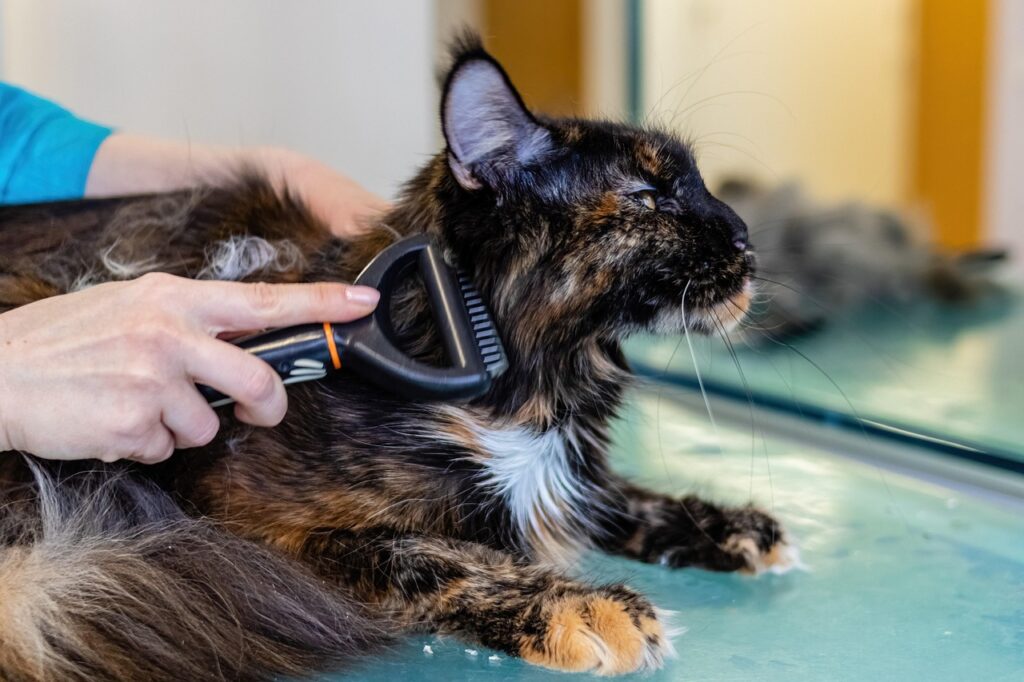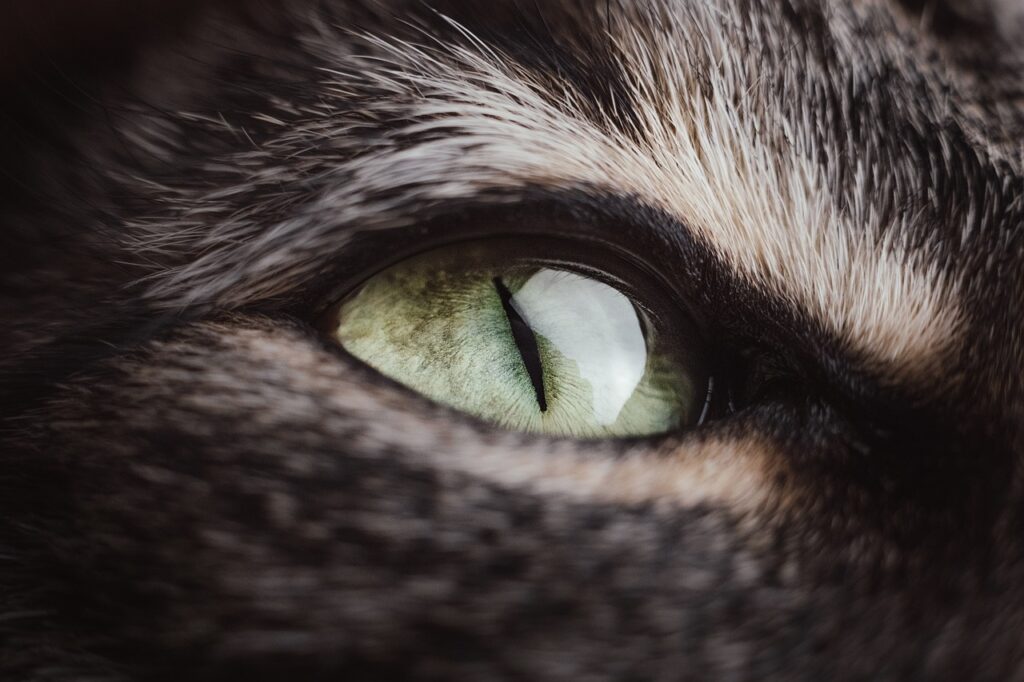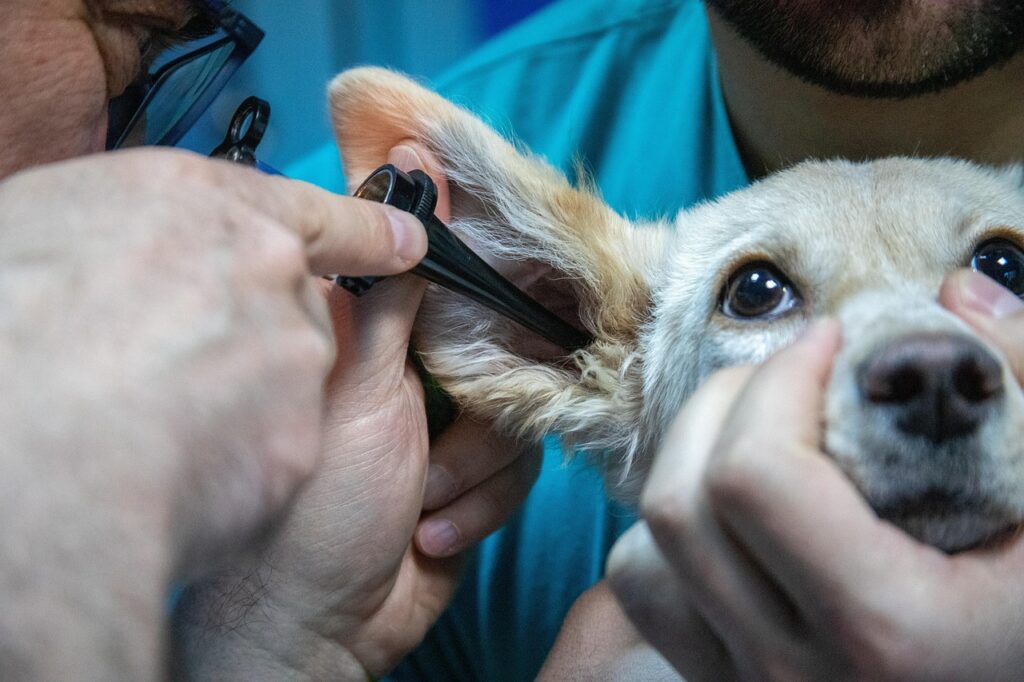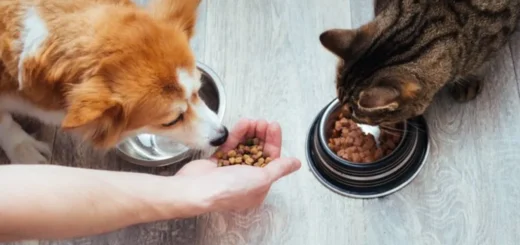Effective Pet Care Tips to Improve Your Pet’s Health

As a pet owner, you want the best for your furry, scaly, or feathery companion. Proper pet care isn’t just about feeding them the right food or giving them occasional treats; it’s about ensuring they are happy, healthy, and well-maintained in every aspect of their lives. Whether you’re a new pet parent or an experienced one, understanding the basics of pet care is essential to building a strong, long-lasting bond with your animal. In this article, we’ll explore practical pet care tips that are easy to implement and will make a noticeable difference in your pet’s quality of life.
Taking care of a pet requires time, effort, and a commitment to their well-being. By incorporating a few simple strategies into your routine, you can create a nurturing environment that supports your pet’s physical, mental, and emotional health. Let’s dive into a comprehensive guide to pet care tips that covers everything from nutrition to exercise, grooming, socialization, and beyond.
1. Understanding Your Pet’s Nutritional Needs
A proper diet is the cornerstone of good health for your pet. Whether you have a dog, cat, bird, or any other pet, their diet should be tailored to their species, age, size, and activity level. Here’s how you can get started:
Choose High-Quality Food
Invest in a pet food brand that suits your pet’s breed and health needs. For example, puppies and kittens have different nutritional needs than adult or senior pets. Similarly, large-breed dogs often require a different balance of nutrients than small-breed dogs.
Look for foods that are high in protein and low in fillers like corn and soy. Be mindful of any specific dietary needs your pet may have, such as grain-free, hypoallergenic, or limited ingredient diets.
Portion Control
Overfeeding can lead to obesity, a common problem among pets. Obesity can cause a wide range of health issues, including heart disease, arthritis, and diabetes. Use feeding guidelines provided on the pet food packaging as a starting point, but adjust portions according to your pet’s specific activity level, size, and age.
Consider using a food scale or measuring cups to ensure accurate portions. Many pet owners rely on free-feeding (leaving food out all day), but it’s typically better to provide meals at scheduled times to help with portion control.
Fresh Water
Always provide fresh water throughout the day. Dehydration can be as harmful as poor nutrition. Make sure the water bowl is clean and refilled regularly. You may also want to consider using a water fountain, which can encourage your pet to drink more by providing a constant flow of fresh water.
Special Dietary Requirements
If your pet has specific health issues (e.g., allergies, digestive problems), work with your vet to select appropriate food options. For pets with food sensitivities, consider foods that are formulated with single proteins or novel ingredients.
Adding healthy treats can also support their dietary needs. Treats should be healthy, nutrient-rich, and appropriate for their breed and health status.
By understanding and following these pet care tips related to nutrition, you’ll help ensure your pet maintains a healthy weight and has the energy to live an active, fulfilling life.

2. Regular Exercise: Keeping Your Pet Fit
Exercise is just as important as food when it comes to your pet’s overall well-being. Pets need physical activity to burn off excess energy, maintain a healthy weight, and prevent boredom that can lead to behavioral problems.
Daily Walks for Dogs
For dogs, daily walks are a must. They offer exercise, mental stimulation, and an opportunity to explore new smells and sights. Regular walks help prevent obesity, improve cardiovascular health, and provide necessary socialization experiences for your pet.
If you have a high-energy breed, try to increase the length or intensity of the walks. Hiking or playing fetch in the park can be great alternatives for energetic dogs. On the other hand, for older or less active dogs, shorter, more frequent walks may be more suitable.
Playtime for Cats
While cats don’t need to be walked, they do benefit from daily play sessions. Interactive toys like laser pointers, feather wands, and catnip-filled items can encourage exercise and mental stimulation. Many cats also enjoy climbing or scratching posts, which can keep them physically active and provide an outlet for their natural instincts.
Set aside at least 15–20 minutes each day to engage with your cat. Regular playtime helps prevent boredom and promotes a healthy lifestyle.
Small Animals and Birds
Small pets like rabbits, guinea pigs, and ferrets need space to roam and explore. Make sure their enclosure is large enough for them to move around comfortably. You can also create a play area where they can exercise freely under supervision. Birds, on the other hand, should be let out of their cages regularly to fly and stretch their wings. Most birds love to explore their surroundings and will appreciate time outside their cage.
Exercise isn’t just about physical health; it also strengthens the emotional bond you share with your pet care tips. Regular activity will lead to a happier, more content companion.
3. Grooming and Hygiene: Keeping Your Pet Clean
Keeping your pet clean is an essential part of their overall care. Grooming not only helps maintain their appearance but also contributes to their health by preventing skin issues, parasites, and infections.
Brushing
Regular brushing is vital for pets with long or thick coats, as it helps prevent matting and reduces shedding. For short-haired pets, brushing helps reduce the amount of loose fur and hairballs. Brushing is also a great way to check for any abnormalities like cuts, fleas, or ticks.
For dogs and cats, you should aim to brush their coats several times a week. Breeds like Poodles or Shelties require more frequent grooming.
Bathing
Not all pets need frequent baths. For example, dogs may require regular baths, but most cats are good at grooming themselves. Make sure to use pet-safe products to avoid skin irritation. Over-bathing can dry out your pet’s skin, so aim for a bath every 4–6 weeks unless they get particularly dirty.
If you own a pet with specific needs, like a breed with oily skin (e.g., Bulldogs), talk to your vet about how often your pet should be bathed.
Nail Trimming
Trimming your pet’s nails regularly prevents them from becoming too long, which could cause discomfort or even injury. If your pet’s nails aren’t trimmed often enough, they may become overgrown and cause issues with walking.
If you’re unsure how to trim your pet’s nails, consider asking your vet or a professional groomer for guidance. You can also use specialized nail clippers designed for pets.
Ear and Eye Care
Regular checks for wax buildup or signs of infection are essential for maintaining your pet’s ear health. Dogs, especially breeds with floppy ears, are prone to ear infections, so regular cleaning is crucial. If your pet has particularly long ears, you may need to clean their ears more often.
For eye care, keep an eye out for any discharge, irritation, or redness, especially in breeds with prominent eyes like Pugs or Bulldogs. Use appropriate eye-cleaning solutions if necessary.
By following these grooming and hygiene pet care tips, you’ll keep your pet looking and feeling their best while preventing common health issues.

4. Veterinary Care: Routine Check-ups
Regular vet visits are an essential part of pet care. These check-ups help detect potential health issues early, keeping your pet healthier in the long run.
Vaccinations
Keeping your pet up-to-date on vaccinations protects them from dangerous diseases like rabies, distemper, and parvovirus. Puppies and kittens should begin their vaccination schedule early, and annual boosters are typically required to maintain immunity.
For older pets, your vet may recommend additional vaccines or boosters depending on their health needs and lifestyle.
Parasite Prevention
Fleas, ticks, and worms can cause severe health problems for pets. Your vet can recommend the best prevention methods, such as monthly treatments or oral medications. Fleas and ticks are common in areas with high humidity or dense vegetation, while heartworms are a concern for pets in certain geographic areas.
Preventing parasites is an essential aspect of pet care that contributes to long-term health and comfort.
Health Screenings
Regular health check-ups allow the vet to monitor your pet’s overall health, assess their weight, and address any concerns, from dental care to mobility issues. For senior pets, more frequent screenings may be needed to catch age-related health problems like arthritis or kidney disease.
Be sure to ask your vet for advice on how often your pet care tips should be seen based on their breed, age, and overall health.
By scheduling routine visits, you ensure your pet stays healthy and lives a longer, happier life.

5. Mental Stimulation: Enriching Your Pet’s Mind
Just like physical exercise, mental stimulation is crucial for your pet’s well-being. Pets need to be mentally challenged to prevent boredom and encourage problem-solving skills.
Puzzle Toys for Dogs and Cats
Toys that require your pet to figure out how to access treats or solve a problem provide great mental stimulation. Puzzle toys are available in various difficulty levels, so you can choose ones that challenge your pet care tips without frustrating them.
Training Sessions
Teaching your dog new tricks or practicing commands keeps their mind sharp and helps build a deeper bond with you. Training also encourages positive behaviors and improves communication between you and your pet care tips. Consider enrolling your dog in a basic obedience class if they need extra training.
Interactive Games
Try hide-and-seek or treasure hunts with your pet’s favorite toys to encourage them to use their senses and intelligence. Dogs, in particular, love scent-based activities, so hiding treats around the house is a great way to engage their minds.
By providing mental challenges, you not only keep your pet entertained but also support their emotional health and intelligence.
Socialization: Building a Well-Adjusted Pet
Socialization is an essential part of your pet’s development. Well-socialized pets are less likely to experience anxiety, fear, or aggression in unfamiliar situations.
a) Exposing Your Pet Care Tips to New Experiences
For puppies and kittens, introducing them to various people, environments, and other pets is crucial for developing social skills. The earlier your pet is exposed to new experiences, the better equipped they will be to handle stressful situations later on.
For adult pets, you can continue to introduce them to new experiences, people, and pets in controlled settings.
b) Positive Reinforcement
Reward good behavior during social interactions. This encourages your pet care tips to continue behaving in a calm and friendly manner. Use treats, praise, and toys to reinforce positive interactions, and avoid punishing your pet care tips for fearful or aggressive behavior.
c) Pet Playdates
Arrange playdates with other pets to help your pet develop good behavior around other animals. If your dog is shy around other dogs, set up one-on-one meetings in a neutral location where they can interact without feeling overwhelmed.
Socialization helps your pet care tips feel more comfortable and confident in different settings, leading to a well-adjusted companion.

Conclusion: Creating a Lifetime of Happiness for Your Pet Care Tips
Incorporating these pet care tips into your routine will not only improve your pet’s quality of life but also strengthen your bond with them. From proper nutrition and exercise to grooming and mental stimulation, a little effort goes a long way in ensuring your pet’s happiness and well-being. The more proactive you are in their care, the healthier and happier they will be.
By adopting these habits, you’ll have a pet that’s not only well-cared for but also one who brings joy to your life for many years to come.
FAQs
1. How often should I take my pet to the vet?
It’s recommended to take your pet care tips for a wellness check-up at least once a year. However, older pets or those with health conditions may need more frequent visits.
2. What’s the best food for my pet care tips?
The best food depends on your pet’s age, breed, size, and health needs. Consult your vet for personalized recommendations.
3. How can I reduce shedding in my pet?
Regular brushing helps control shedding, especially in breeds with thick coats. Ensuring your pet is well-nourished and hydrated also supports healthy skin and fur.
4. How do I know if my pet is overweight?
Check with your vet for an accurate weight assessment. You can also monitor your pet’s body condition, making sure you can feel their ribs but not see them, and that they have a noticeable waistline.
5. What are signs that my pet is stressed or anxious?
Signs of stress in pets include excessive panting, barking, hiding, loss of appetite, or destructive behavior. If you notice these signs, consider consulting with a vet or animal behaviorist.

















Recent Comments